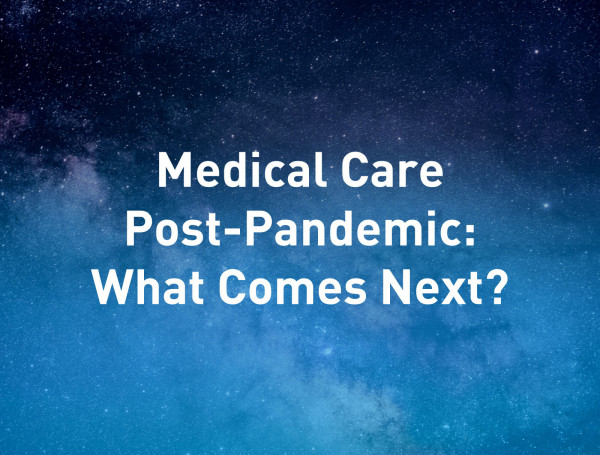One thing we know about the pandemic is just how much it’s changed the world and how it will continue to change how we do things for the rest of our lives. However, despite the success of the vaccine roll out and the effectiveness of previous lockdown measures, the future of living with COVID is something we’re yet to fully understand.
Medical professionals have stated that the virus is here to stay, and we have to learn to live with it and control it. But what will this entail? How will hospitals and medical establishments be changing their processes to settle into a future we didn’t expect? Here are just a few of the things we can expect for the future.
Vaccine boosters
For the time being, vaccine boosters will be required each year to help keep on top of the virus and prevent more serious, hospitalised cases. Not only will this help to protect individuals and can allow us to continue with our day to day activities, but it will also help hospitals to cope with patient numbers.
Recent news reports state that there are talks of creating a pill or inhaler as an alternative to a vaccine in future to make it even easier to stay protected and to keep production costs low, although this is still in very early stages.
Delivering routine care
Medical professionals in hospital and care settings continue to face significant challenges in delivering routine care and restoring their usual services, but as the vaccine rollout continues, the rate of patient admissions with COVID-19 is slowing.
Now COVID patient admissions are starting to stabilise, routine care and surgeries are going ahead, with some patients finally getting the appointments they need after well over a year of uncertainty. Take a look at our recent blog post about COVID-19’s impact on the NHS surgeries backlog to see just how much of an impact the pandemic has had.
Encouraging people to explore health concerns
As routine care and surgeries were cancelled or postponed and A&E walk-ins for non-covid related issues became significantly lower over the past year, people have chosen to ignore minor symptoms or illnesses, or fail to rebook any cancelled appointments. This could be due to a fear of being exposed to the virus or if local healthcare providers had to temporarily limit the services they offer.
This shows that many people may not be as actively engaged in their health as they were pre-COVID, or simply haven’t got around to rebooking. In a post-pandemic world, we need to encourage people to rebook appointments and stop delaying care to prevent serious healthcare issues later down the line.
Redesigns of medical spaces
With such an unexpected direction for the world in the last couple of years, medical spaces need to keep up with changes to ensure they are safe and protect staff and patients as much as possible going forward. To do this, many hospitals and care sector buildings may need to be redesigned.
From the flexibility of space, additional storage areas to cope with demand and the increased need for hygiene stations, an effective redesign will be needed in many medical spaces over the next few years. You can read our blog post about how COVID-19 has affected hospital designs for more information.
Speak to Hupfer for medical storage and handling solutions
To help medical professionals post-pandemic, we have a range of medical products to make life easier. For more information, browse our website or feel free to get in touch with our Head of Medical Business Development, Sarka Oldham: sarka@hupfermedical.com.

